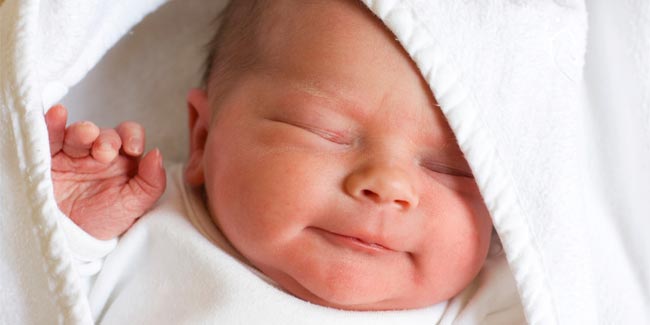
A team of doctors in Belgium have invented a low-cost test-tube baby technology for couples in developing countries who can’t afford the sophisticated Western system.
 The simplified process costs around $260 (approx. Rs 15,500) per cycle of treatment which is 10 to 15 percent of the current cost of Western style In-Vitro Fertilisation (IVF).
The simplified process costs around $260 (approx. Rs 15,500) per cycle of treatment which is 10 to 15 percent of the current cost of Western style In-Vitro Fertilisation (IVF).
The results delivered did not show much difference from those seen in conventional and super costly IVF.
The researchers used an embryo culture method that removes the need for much of the expensive laboratory equipment found in European or North American IVF clinics and hence the prices slashed.
"Infertility care is probably the most neglected healthcare problem of developing countries, affecting more than 2 million couples according to the WHO (World Health Organisation)," Elke Klerkx from the Genk Institute for Fertility Technology told a medical meeting.
Around 5 million babies have been born around the world since the birth of the first test-tube baby in 1978 - but the treatment remains largely the preserve of developed countries because of its high cost.
"Our initial results are proof of principle that a simplified culture system designed for developing countries can offer affordable and successful opportunities for infertility treatment where IVF is the only solution," said Klerkx. "This is a major step towards universal fertility care."
Results from a study showed similar success rates between the standard and low-cost system - and two-thirds of the top quality embryos from 35 cycles as assessed by an independent expert came from the simplified system.
Richard Kennedy, general secretary of the International Federation of Fertility Societies, said the Belgian team's work had great potential.
"Infertility is a disease which does not respect national boundaries. Until now it has been unaffordable for many in the developing world," he said in a statement.
Fertility experts attending the European Society of Human Reproduction and Embryology (ESHRE) annual meeting in London, where her results were presented, said the system could bring IVF to many corners of the world, including much of Africa, where there is a huge unmet need.
But they cautioned that it had, as yet, only been shown to work in a developed world setting, using a laboratory in Belgium, and larger trials in one or more developing country were now needed to test the process fully.
Read more Health News.
How we keep this article up to date:
We work with experts and keep a close eye on the latest in health and wellness. Whenever there is a new research or helpful information, we update our articles with accurate and useful advice.
Current Version
